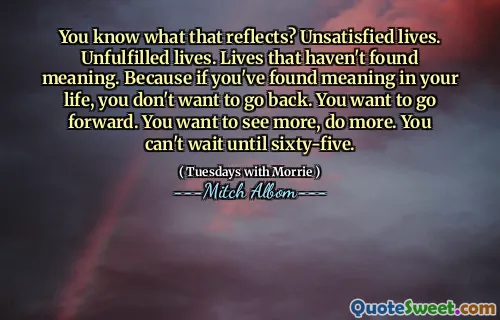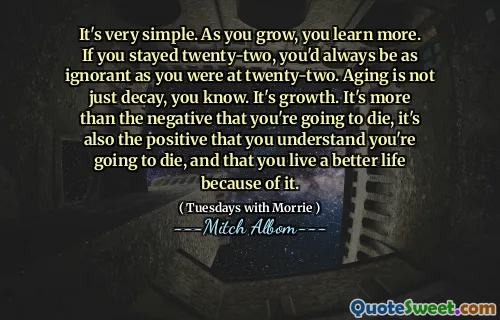
I have become politically correct now. I have curbed my enthusiasm. I am in my mid-40s, so it doesn't make sense to talk brashly like a 20-year-old.
This quote reflects a maturation process that many people experience as they age. It highlights the transition from youthful exuberance and impulsiveness to a more measured and cautious approach to communication and behavior. The speaker admits to having adjusted their manner of expression, possibly to align with societal expectations or personal comfort as they reflect on their mid-40s. The recognition that talking 'brashly' like a younger person may not be appropriate suggests an awareness of the social dynamics that change with age. Moreover, it underscores the internal conflict between maintaining authenticity and adhering to social norms—balancing enthusiasm with political correctness. Such an evolution signifies a deeper understanding of the social fabric and a desire to avoid offending others or appearing immature. It also hints at a broader cultural phenomenon where aging leads to self-regulation, sometimes resulting in a loss of unrestrained energy or spontaneity. While some might see this as a sign of wisdom and growth, others might perceive it as a suppression of genuine self-expression. Ultimately, the quote captures a moment of self-awareness, acknowledging the shifts in one's behavior as life progresses and societal expectations evolve. It reminds us that maturity often involves navigating the delicate balance between individuality and social acceptance, and that criteria for appropriate conduct are constantly changing with age and experience.











